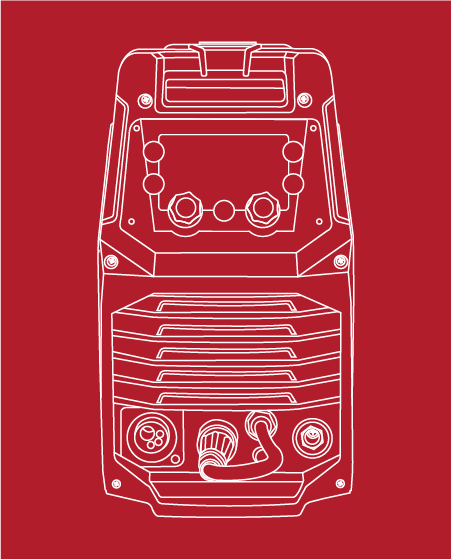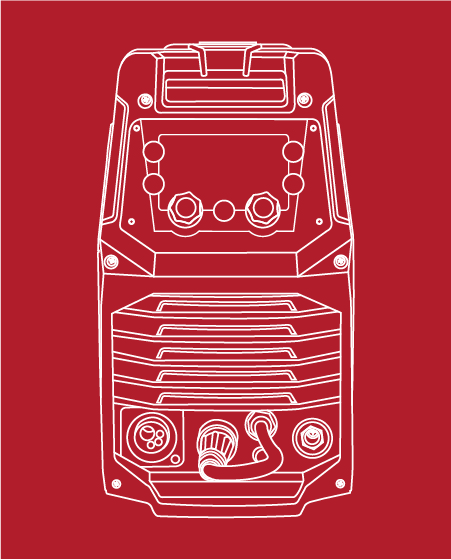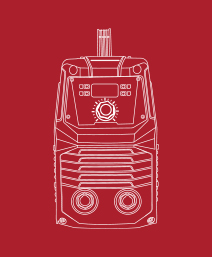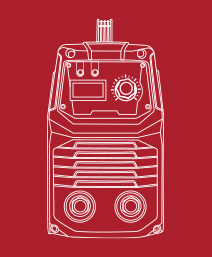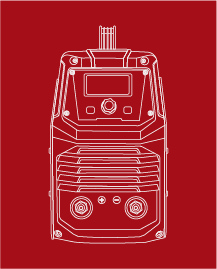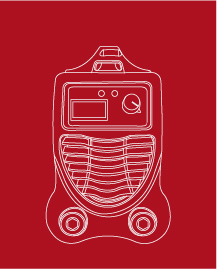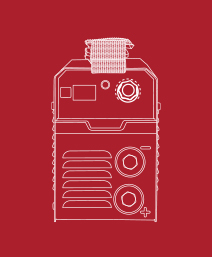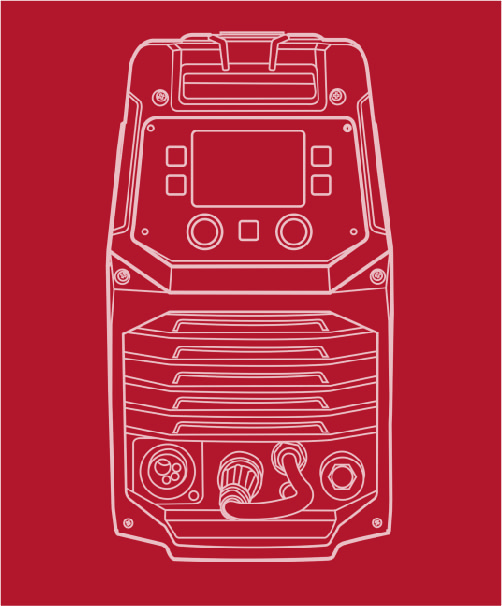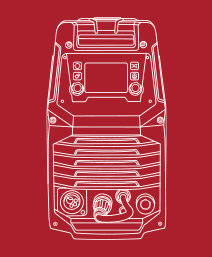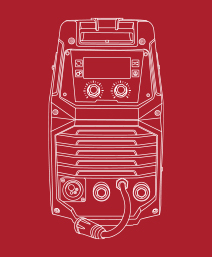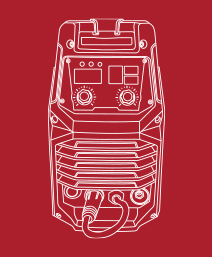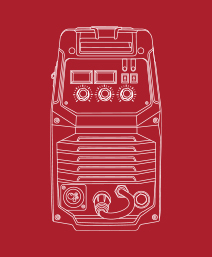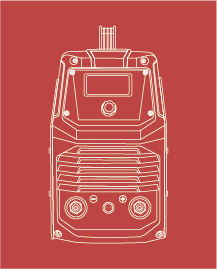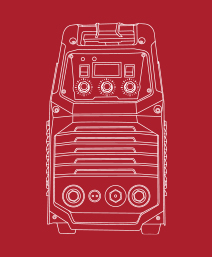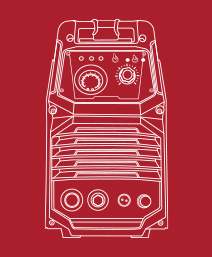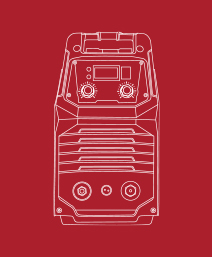Decapower Curated information for Professionals, Hobbyists & Educators.
Stay up to date with the latest information on new products technology,innovations and more from Welding Machine Industry.
Will AI Replace Welders?
With the rapid growth of artificial intelligence (AI) and automation, many industries are changing fast. From self-driving cars to smart factories, technology is transforming how work gets done. So, it’s natural to wonder: Will AI replace welders?
If you’re a welding professional, wholesaler, or manufacturer, this question matters. In this article, we’ll break down how AI is affecting the welding industry and why skilled welders are more valuable than ever—especially in today’s evolving manufacturing world.
How is AI applied in welding?
AI in welding generally refers to the use of intelligent systems that can perform welding tasks with the help of machine learning, robotics, and computer vision. AI technologies are already being used in many factories, especially in automated, high-volume production. These systems can:
- Improved efficiency: AI-driven robot welders can work continuously for 24 hours without fatigue, greatly improving production efficiency.
- Improved quality: AI algorithms can monitor and adjust welding parameters in real time to reduce welding defects.
- Enhanced safety: Robots can take on dangerous welding tasks, reducing the risk of worker injury.
- Reduced costs: In the long run, automation can reduce labor costs and reduce material waste.
This makes AI-powered welding systems ideal for automotive plants, aerospace factories, and other industries where welds are highly consistent and repeatable.
But here’s the key: That’s only one part of the welding world.
Why AI Can’t Replace Human Welders (Yet)
Despite rapid advances in AI technology, it still cannot replace experienced welders in many real-world scenarios for a number of reasons:
- Non-repetitive or customized welding: tasks such as sheet metal fabrication, structural repair, and artistic welding are different every time, and must rely on the welder’s flexible judgment and on-the-spot handling skills.
- Handling complex or imperfect materials: AI systems struggle to cope with rusted, misaligned, or misshapen workpieces, whereas welders can quickly adjust their welds.
- Coping with unstable field environments: AI performs best in controlled settings. Construction sites, shipyards, pipeline repairs and other complex and changing conditions still require humans to complete highly mobile and space-constrained welding tasks.
- High costs and technical thresholds: Fully automated welding systems are costly and complex to maintain, and are only economical in high-volume, highly standardized plants.
The Irreplaceable Value of Skilled Welders
- Human welders bring intuition, creativity, and experience that no AI can replicate. They excel in:
- Custom Fabrication: Tailoring welds to unique project specifications and artistic designs.
- On-Site Repairs: Navigating tight spaces, adverse weather, and unexpected obstacles with adaptive techniques.
- Quality Judgment: Visually inspecting welds and making immediate corrective decisions beyond sensor capabilities.
- Mentorship and Training: Passing down practical knowledge, safety protocols, and craftsmanship.
Will AI Take Over Welding Jobs?
The answer is no — not completely.
AI will continue to assist in welding, especially in industrial automation, but it won’t eliminate the need for skilled welders. Instead, it will change the role of welders in many settings. Welders who understand how to work with technology will remain in high demand.
Here’s what’s likely to happen:
- Repetitive tasks will be automated to improve efficiency.
- New roles will emerge, such as robot operators or AI welding technicians.
- Skilled welders will be needed for specialized, creative, and field-based work.
- Training and upskilling will become increasingly important.
What This Means for Buyers and Suppliers
If you’re a welding equipment supplier, importer, or project manager, understanding this shift helps you choose the right equipment and advise your customers effectively.
Don’t assume every job needs a robot — Many small workshops, repair centers, and construction crews still depend on manual or semi-automatic welding machines.
Offer smart but accessible tools — Machines with digital controls, memory functions, or safety protection can offer a middle ground between full automation and traditional equipment.
Guide customers to make appropriate choices—Help customers identify which tasks are suitable for automation and which still require the participation of experienced welders.
Our Take at Decapower
At Decapower, we believe that technology should support welders, not replace them.
That’s why we design welding machines that combine ease of use, intelligent features, and rock-solid performance. Whether your customers need manual inverter welders, semi-automatic MIG machines, fusion multi process welding machine or digital plasma cutters, our solutions are built to deliver precision, safety, and flexibility.
We’re proud to support professionals — from seasoned welders to small business owners — who are navigating a changing industry with confidence.
Final Thoughts: Will AI Replace Welders?
In short: No, AI will not replace welders—but it will change the job.
While machines handle the repetitive, dangerous, or ultra-precise work, humans will continue to provide the creativity, adaptability, and expertise that welding demands.
Welding will evolve, but welders will always be part of the future.
Frequently Asked Questions (FAQs)
Q1: Will AI completely replace human welders?
A: No. AI excels at repetitive tasks, but skilled welders are essential for custom, field, and complex jobs.
Q2: What welding tasks are best suited for AI?
A: High-volume, standardized welding in factory settings.
Q3: Can welders work alongside AI?
A: Yes. AI supports welders by improving precision and safety.
Q4: What skills should welders learn to stay relevant?
A:①Learn to use welding robots and smart welders.
②Master welding data analysis and quality inspection tools.
③Improve “soft skills” such as programming, mechanical drawing recognition, and process control.
④Participate in cross-training of multiple welding processes.
AI will change the way welders work, but it will also open up broader development paths for them.
Q5: Does AI reduce the demand for welders?
A: No. Industry demand for skilled welders is growing due to retirements and infrastructure projects.

